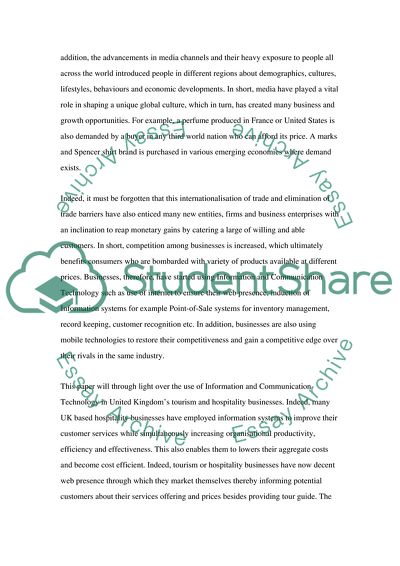Cite this document
(Critically Evaluate How ICT Is Applied to Hospitality Industries Research Paper, n.d.)
Critically Evaluate How ICT Is Applied to Hospitality Industries Research Paper. Retrieved from https://studentshare.org/information-technology/1738067-critically-evaluate-how-ict-is-applied-to-hospitality-industries-use-one-case-study-to-demonstrate-your-arguments
Critically Evaluate How ICT Is Applied to Hospitality Industries Research Paper. Retrieved from https://studentshare.org/information-technology/1738067-critically-evaluate-how-ict-is-applied-to-hospitality-industries-use-one-case-study-to-demonstrate-your-arguments
(Critically Evaluate How ICT Is Applied to Hospitality Industries Research Paper)
Critically Evaluate How ICT Is Applied to Hospitality Industries Research Paper. https://studentshare.org/information-technology/1738067-critically-evaluate-how-ict-is-applied-to-hospitality-industries-use-one-case-study-to-demonstrate-your-arguments.
Critically Evaluate How ICT Is Applied to Hospitality Industries Research Paper. https://studentshare.org/information-technology/1738067-critically-evaluate-how-ict-is-applied-to-hospitality-industries-use-one-case-study-to-demonstrate-your-arguments.
“Critically Evaluate How ICT Is Applied to Hospitality Industries Research Paper”, n.d. https://studentshare.org/information-technology/1738067-critically-evaluate-how-ict-is-applied-to-hospitality-industries-use-one-case-study-to-demonstrate-your-arguments.


